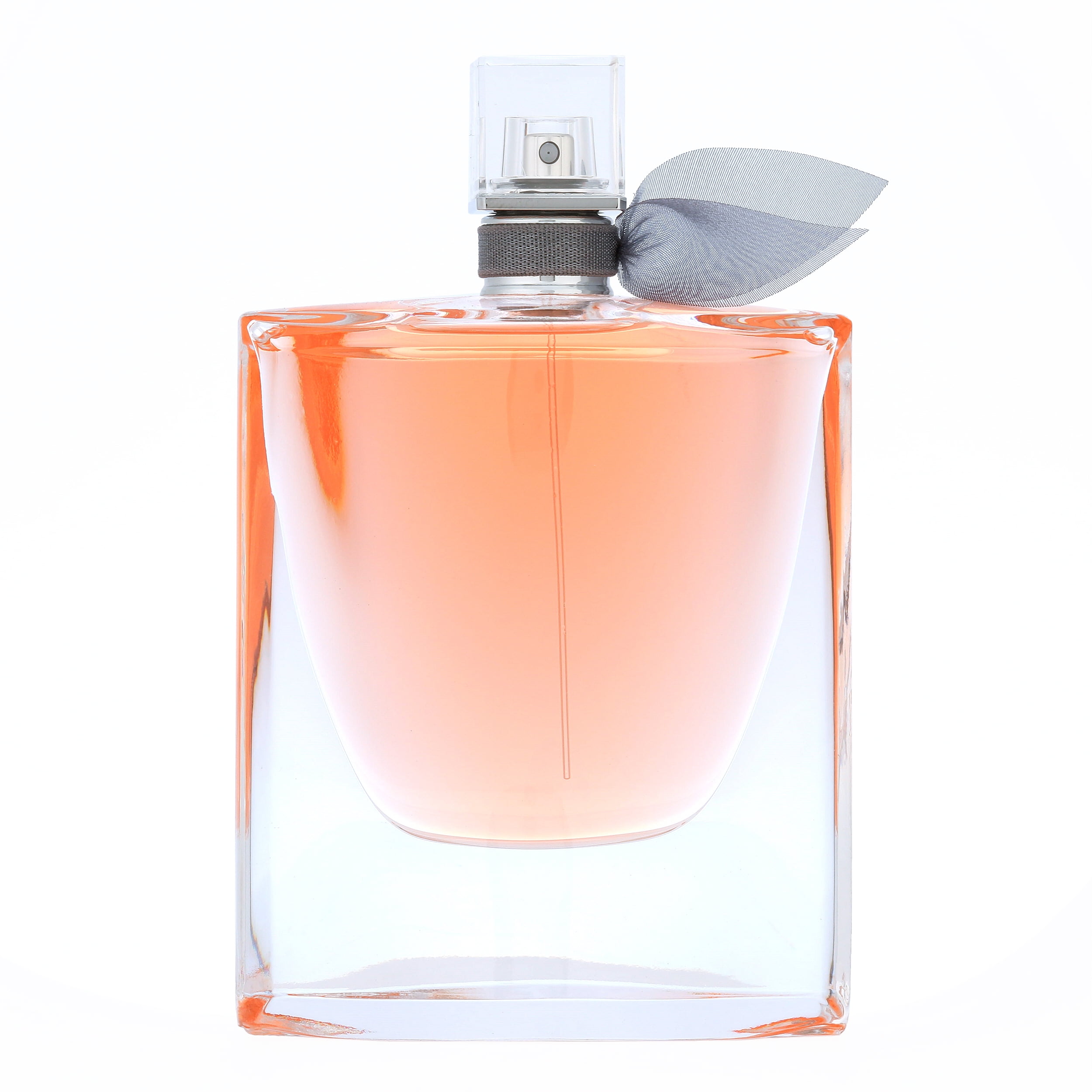Perfume holds a special place in Islamic tradition, reflecting the importance of pleasant scents and personal grooming in the lives of Muslims. The use of fragrance has been documented in various Islamic texts, including the Hadiths, which are the recorded sayings and actions of Prophet Muhammad (peace be upon him). Exploring the Hadiths on perfume provides valuable insights into its significance, etiquette, and benefits within Islamic culture. This article aims to delve into the Hadiths to gain a deeper understanding of the role of perfume in Islamic tradition.

The Recommendation of Personal Hygiene:
Prophet Muhammad (pbuh) emphasized personal hygiene as an integral part of Islamic practice. Several Hadiths encourage Muslims to maintain cleanliness and pleasant fragrances. It is narrated that the Prophet said, “Cleanliness is half of faith” (Sahih Muslim). This Hadith highlights the importance of cleanliness, which includes using perfume to keep oneself smelling pleasant.
The Etiquette of Applying Perfume:
The Hadiths also provide guidance on the proper etiquette of using perfume. Prophet Muhammad (pbuh) recommended applying perfume when attending gatherings, going to the mosque, or engaging in religious rituals. He advised that one should not overwhelm others with excessive fragrance, but rather use a moderate amount. It is narrated that he said, “Whoever has eaten garlic or onion should not approach our mosque” (Sahih Bukhari). This Hadith on perfume suggests that offensive odors should be avoided when participating in communal worship.
Perfume as a Sign of Good Character:
The Hadiths emphasize that wearing perfume is not merely about personal adornment but also signifies good character and etiquette. Prophet Muhammad (pbuh) said, “The best fragrance is that of musk” (Sunan Ibn Majah). This Hadith metaphorically implies that just as musk perfume has a pleasant and enduring fragrance, a person with good character leaves a lasting positive impression on others.
Perfume in Religious Observances:
Perfume holds significance in various Islamic rituals. It is recommended to apply perfume before performing the five daily prayers (Salah). The Prophet Muhammad (pbuh) said, “When one of you comes to the mosque, let him not touch anything of his perfume except what remains upon his body” (Sahih Muslim). This Hadith encourages Muslims to preserve the fragrance of their perfume while entering the mosque, signifying respect for the sacred space.
The Spiritual Symbolism of Perfume:
In Islamic tradition, perfume is also associated with spiritual symbolism. The pleasing aroma of perfume is believed to be a reflection of Paradise. A Hadith states, “The dwellers of Paradise will smell and be scented from a distance of a journey of five hundred years” (Sahih Muslim). This Hadith suggests that fragrance is among the delights that await believers in the afterlife.
Types of Perfumes:
The Hadiths mention various types of perfumes that were commonly used during the time of Prophet Muhammad (pbuh). These included musk, ambergris, sandalwood, rose, and various floral fragrances. The use of natural and botanical ingredients in perfumes was highly favored.
Prohibition of Alcohol-Based Perfumes:
It is important to note that the use of alcohol-based perfumes is a subject of debate among scholars in Islamic jurisprudence. Some scholars argue that alcohol in perfumes should be avoided due to its intoxicating nature, while others permit its use in very small quantities. To ensure compliance with Islamic teachings, many Muslims prefer to use alcohol-free or oil-based perfumes.
By exploring the Hadiths on perfume in Islamic tradition, we can gain a deeper understanding of the significance of fragrances in the lives of Muslims. From personal hygiene and etiquette to spiritual symbolism and the cultural heritage of perfume, these teachings provide a comprehensive framework for appreciating the role of fragrance within Islamic culture.







